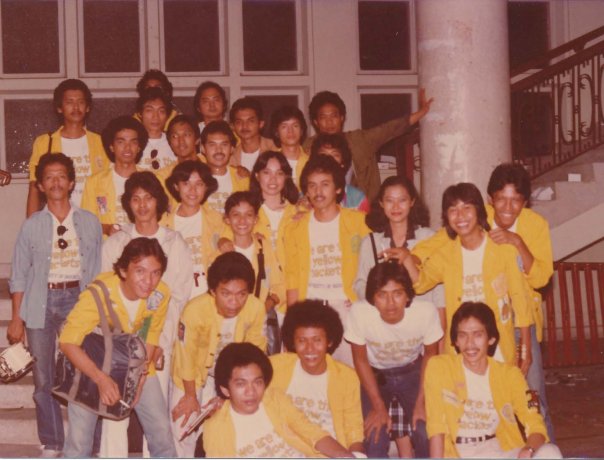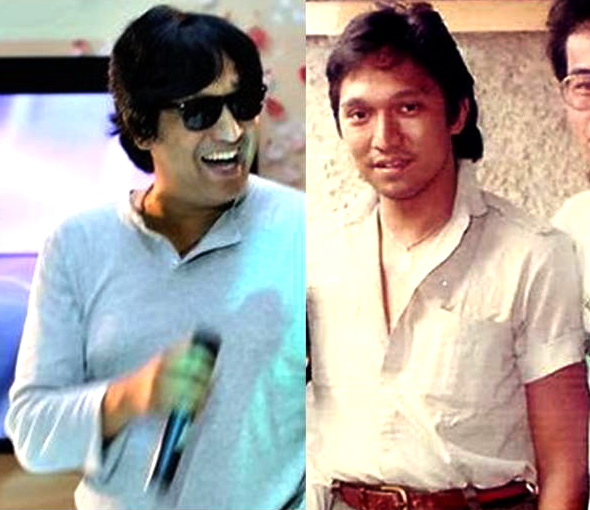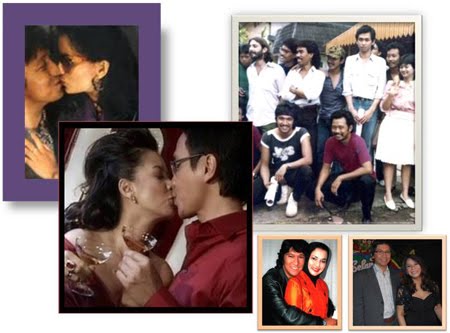Indonesia's Cinematic
Art Stumble and Surge
June, 2001
By. Marissa Haque Fawzi
An Indonesia Actress, is in Residence at Ohio University
Indonesia as a country among many countries in the world, cannot escape of the effect of globalization. More specially, the Indonesia film industry is influenced and shaped by the cultures and trends of many other nations. This assimilation necessary and positive for progress and increased quality as long as an individual maintains his/ her own touch, so to speak. This process is guaranteed by the fact that our world grows smaller everyday and the boundaries that once existed are no more.
The father of Indonesia film, Mr. Haji Usmar Ismail, was the first Indonesia artist to graduate from the School of Film at the University of California Los Angles as early as the 1940s. Generations to follow in the 1970’s were strongly predisposed to Russian production style and technique with Indonesian graduate from Moscow University such as Syumandjaja and Amy Priono.
Many artists to follow, Producers and Directors are products of Indonesia education and training. Their work, also distinguished, is colored by local wit and wisdom. A result of their efforts has been “Edutainment” or educational entertainment for the Indonesian citizen.
The only trouble with this is seen in the extremely small ratio of these artists in relation to the population of Indonesia, which far exceeds 200 million. If the love of money is the root of all evil it has also been the demise of the film industry in Indonesia. Many Directors viewed the production of movies as a monetary printing press.
The typical Indonesian film left nothing for the viewing public; there was no moral message and no real meaning. By the end of 1980s the film industry has stagnated and come to screeching halt. The Indonesia government further stifled the industry’s creativity and quality, and the differences from one film to the next became almost impossible to discern. It was a frustrating time for the movie-going public and even exasperating for those production teams that sought to create.
In 1990s gave us Garin Nugroho. As a young man, he graduated from University of Indonesia with a degree in Law and attended Indonesia’s Institut Kesenian Jakarta (Indonesian Art Institute). Garin Nugroho was determined to create new standard, and in the mid-1990s he began work. Nugroho presented an Eastern European style of production. Many Indonesian viewers did not understand this style of production and found the storylines difficult to follow, but his works have been honored (and have placed) at almost every international film festivals in which those have appeared.
Toward the end of 1999, a group of young Indonesian film graduates that, to date, do not wish to be identified with other movie production teams, came together to produce. They represent the new techno generation, seeking something new and different from all who came before them, and it is known to Indonesians today as the movie Kuldesak. This independent production team used a grassroots style marketing strategy throughout production. The film smacks of Quentin Tarantino. The theme song from thia movie was also honored by MTV at the MTV awards 2000 in New York.
The year 2000 was phenomenon for Rivai Riza (Film Director), Mira Lesmana and Triawan Munaf (Co Producers) with their award-winning production Petualangan Sherina or the Adventures of Sherina. The British honored this production with the presentation of the British Chavening Award Scholarship to Riza. This is only logical because Riza finished his Master of Arts in screenwriting at a British Institution in 1999. Riza ia rich with British style.
What do we see in the future of the Indonesian film industry? What style do we hope will prevail? There are so many possibilities, but that which cannot be denied and is clear to even those who would close their eyes is that American films are shown on every channel of Indonesian television and fill Indonesian theatres. In this lies an undeniable answer.
We are also aware that American film is a collection of assimilations from across the world. Thus we come full circle of globalization and interdependent world in which we live. We will, each and every one of us, learn from all of those around us without exception, if we hope to progress. This is a continual process that will go on for as long as we breathe.
Marissa Haque Fawzi: "Indonesia's Cinematic Art Stumble and Surge"





